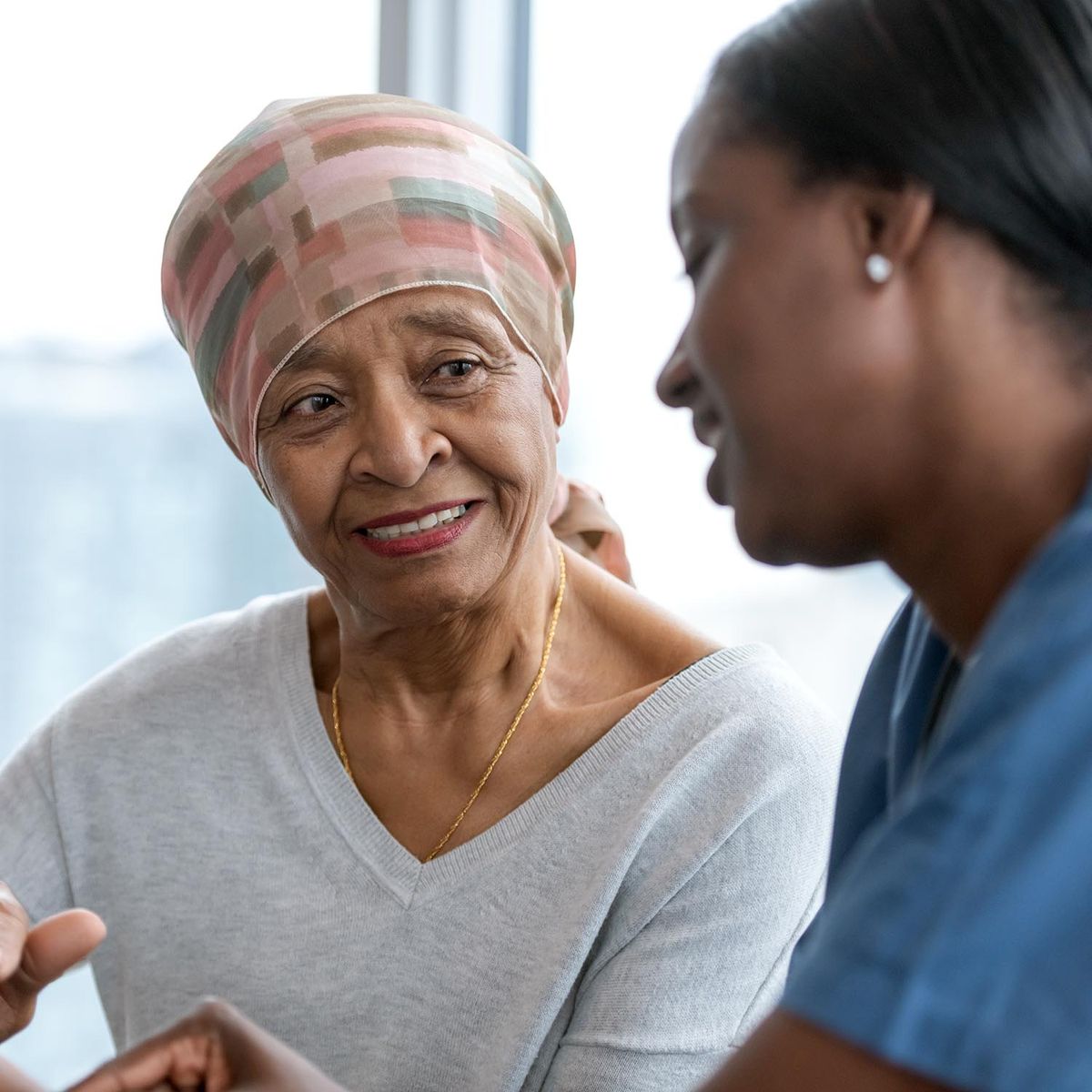Complementary Psychological and/or Physical Approaches for Cancer Symptoms and Treatment Side Effects

Many people who have been diagnosed with cancer use complementary health approaches. Findings from a substantial amount of research suggest that some complementary psychological and/or physical approaches, such as acupuncture, mindfulness-based stress reduction, and yoga, may help manage cancer symptoms and side effects of treatment.
The Society for Integrative Oncology has issued evidence-based clinical practice guidelines for health care providers to consider when incorporating complementary health approaches in the care of people with cancer. The guidelines state that, when used in addition to conventional therapies, some of these approaches help to control symptoms and enhance patients’ well-being. The guidelines warn, however, that unproven methods shouldn’t be used in place of conventional treatment because delayed treatment of cancer reduces the likelihood of a remission or cure.
This issue of the digest provides a summary of available research on complementary psychological and/or physical approaches for cancer-related symptoms and treatment side effects.
Modality and Summary of Current Research
Acupuncture
Acupuncture may help reduce cancer pain, manage treatment-related nausea and vomiting in people with cancer, and relieve cancer-related fatigue. Research on the effects of acupuncture on cancer-related hot flashes is limited.
Read more about the research on acupuncture for cancer symptoms and treatment side effects
Hypnosis and Relaxation Techniques
Hypnosis may be helpful for pain caused by cancer itself or by procedures used in cancer care, for nausea and vomiting in people with breast cancer, and for anxiety and distress around surgical and medical procedures. It also may be helpful for hot flashes in women with breast cancer.
There is some moderate-quality evidence that relaxation techniques may improve anxiety symptoms in people with cancer who are undergoing treatment. In addition, there is some low-quality evidence that guided imagery with progressive muscle relaxation may help patients experiencing general pain from cancer treatment.
Massage Therapy and Reflexology
Massage therapy, with or without aromatherapy (the use of essential oils), has been used to attempt to relieve pain, anxiety, and other symptoms in people with cancer. However, there is only limited evidence on whether it is beneficial.
There is some limited evidence suggesting that reflexology may be helpful for people experiencing pain during systemic therapy or chemotherapy-induced peripheral neuropathy from cancer treatment.
Mindfulness-Based Stress Reduction (MBSR)
There is evidence that MBSR, a type of meditation training, can help cancer patients cope with stress, anxiety, and depression and can help reduce fatigue and improve quality of life.
Read more about the research on MBSR for cancer symptoms and treatment side effects
Tai Chi and Qigong
There is some limited evidence that tai chi may improve fatigue in people with cancer when used as an addition to conventional care but not when used as an alternative to conventional care. Tai chi or qigong may also help improve sleep quality in people with cancer.
Read more about the research on tai chi and qigong for cancer symptoms and treatment side effects
Yoga
Studies in women with breast cancer show that yoga may provide a modest improvement in fatigue and sleep disturbances, depression and anxiety, and quality of life. Most yoga studies have focused on women with breast cancer; much less is known about yoga for people with other types of cancer.
Read more about the research on yoga for cancer symptoms and treatment side effects
Music-Based Interventions
There is some low-quality evidence that music-based interventions may improve anxiety symptoms in people with cancer during active treatment. Additionally, there is some low-quality evidence that music therapy may reduce surgical pain from cancer surgery.
Read more about the research on music therapy for cancer symptoms and treatment side effects
Clinical Guidelines
- Clinical Practice Guidelines on the Evidence-Based Use of Integrative Therapies During and After Breast Cancer Treatment (CA: A Cancer Journal for Clinicians)
- Exercise Guidelines for Cancer Survivors (Medicine & Science in Sports & Exercise)
- American Cancer Society Guidelines on Nutrition and Physical Activity for Cancer Prevention (CA: A Cancer Journal for Clinicians) [450 KB PDF]
- Evidence-Based Clinical Practice Guidelines for Integrative Oncology: Complementary Therapies and Botanicals (Journal of the Society for Integrative Oncology)
Scientific Literature
NCCIH Clinical Digest is a service of the National Center for Complementary and Integrative Health, NIH, DHHS. NCCIH Clinical Digest, a monthly e-newsletter, offers evidence-based information on complementary health approaches, including scientific literature searches, summaries of NCCIH-funded research, fact sheets for patients, and more.
The National Center for Complementary and Integrative Health is dedicated to exploring complementary health products and practices in the context of rigorous science, training complementary health researchers, and disseminating authoritative information to the public and professionals. For additional information, call NCCIH’s Clearinghouse toll-free at 1-888-644-6226, or visit the NCCIH website at nccih.nih.gov. NCCIH is 1 of 27 institutes and centers at the National Institutes of Health, the Federal focal point for medical research in the United States.
Copyright
Content is in the public domain and may be reprinted, except if marked as copyrighted (©). Please credit the National Center for Complementary and Integrative Health as the source. All copyrighted material is the property of its respective owners and may not be reprinted without their permission.